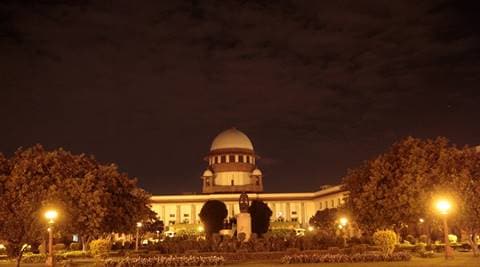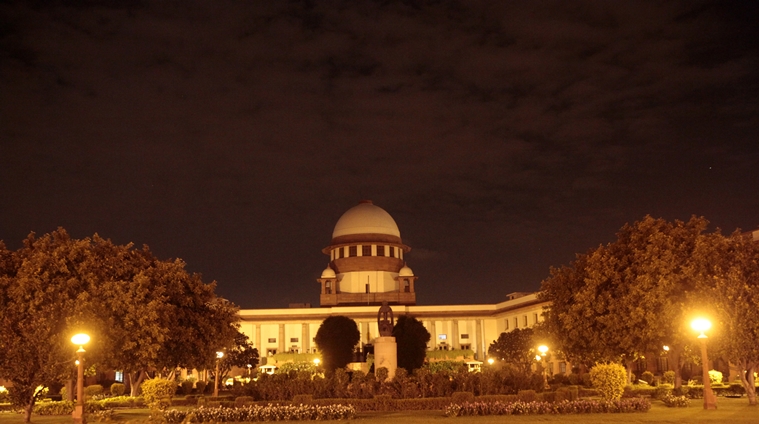Opinion Against the grain
Haryana law on educational qualification for panchayat polls is discriminatory. SC must rethink decision to uphold it

 Instituting such an exclusionary principle goes against the spirit of the Indian Constitution.
Instituting such an exclusionary principle goes against the spirit of the Indian Constitution.
The Supreme Court has ruled that the Haryana Panchayati Raj (Amendment) Act, 2015, which mandates minimum educational qualification for candidates — Class 10 for general candidates, Class 8 for women, Class 5 for Dalits — contesting panchayat polls is constitutionally valid. The apex court must revisit its decision. The Haryana law is discriminatory and undemocratic.
Instituting such an exclusionary principle goes against the spirit of the Indian Constitution. The Constituent Assembly overruled suggestions to limit the right to vote — from the time of its promulgation, the Constitution gave universal adult suffrage as a right to citizens. Fears had been expressed that since the vast majority of Indians was illiterate, allowing everyone to vote would impact the quality of the legislatures, and of democracy itself.
The founding fathers of the republic, however, preferred to trust the Indian citizen. They also refused to discriminate against candidates for elected office on the basis of their educational qualification, while leaving it open for state legislatures to legislate on the matter. Some criteria have been specified for those who can contest elections but those, as well as the provisions under the Representation of People Act, are aimed at protecting the integrity of the electoral process. They do not have the effect of narrowing the idea of political representation. Over the decades, Indian elections have grown into an exercise that draws in people across class, caste, ethnic and gender divisions.
The injunction to discriminate against prospective candidates on the basis of their educational qualification or the availability of a working toilet at home — a feature of the Haryana act and also of the Rajasthan panchayat act — would disqualify a significant part of the electorate (24 per cent of Haryana is not literate), and especially those belonging to the marginalised sections, including women and Dalits, from political office.
Universal adult suffrage privileges the people’s choice, rather than facilitating the election of the “best” candidate. Formal education enables and empowers, but the lawmakers in Haryana, and the court that has endorsed their decision, must ponder whether it can be wielded as an instrument to exclude people from the democratic process. It may be legal to mandate such qualifications for elected representatives, but is it democratic?




